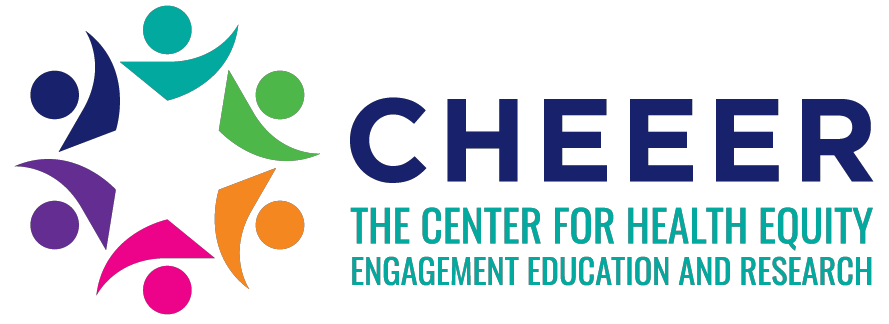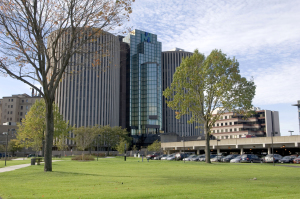According to the American Cancer Society (ACS)[1], African American women have a lower incidence of breast cancer than white women however; they are more likely to die from breast cancer at every age. This statistic is quoted frequently especially by those who work tirelessly to educate the public about breast cancer risk factors and emphasize the importance of breast cancer screenings – clinical breast exams and mammograms. The exhaustive statistical data provided by ACS can help determine community-based program interventions. For example, health education programs may focus their efforts to increase screening and follow-up rates among African American women to make an impact on the current mortality rate.
What I don’t hear enough about is why is this happening? In a recent Minority Health Month Webinar, I mentioned a few starting questions so we can begin thinking more deeply about breast cancer and health disparities:
· Does the research indicate there are distinct physical and biological differences between African American and Caucasian women?
· Does breast cancer develop differently in African American women?
· Are there different risk factors?
· Are the current cancer treatments effective?
· Are the cancer treatments given in a timely manner?
There is some research that suggests African American women are at higher risk of developing triple negative breast cancer.[2] Triple negative breast cancer is a sub-type of breast cancer which the cancer cells have few or no hormone receptors (estrogen and progesterone) and HER2/neu receptors.[3]
That being said, how can we have breast cancer researchers share their findings with community-based education programs? And of equal import, how can we encourage community based educators ask questions to help push the research agenda? If we increase mammography screening rates among African American women would that help with the opening quote from ACS? Many cancer organizations emphasize that early detection helps with more treatment options and improved survival rates, but is that enough?
In the Community Research Scholars Initiative, we have the opportunity to explore this gap between community-based programs and research.
[1] Breast Cancer Facts and Figures 2011-2012 American Cancer Society.
[2] Susan G. Komen. http://ww5.komen.org/Content.aspx?id=19327354168. Retrieved April 18, 2013.
[3] Ibid

